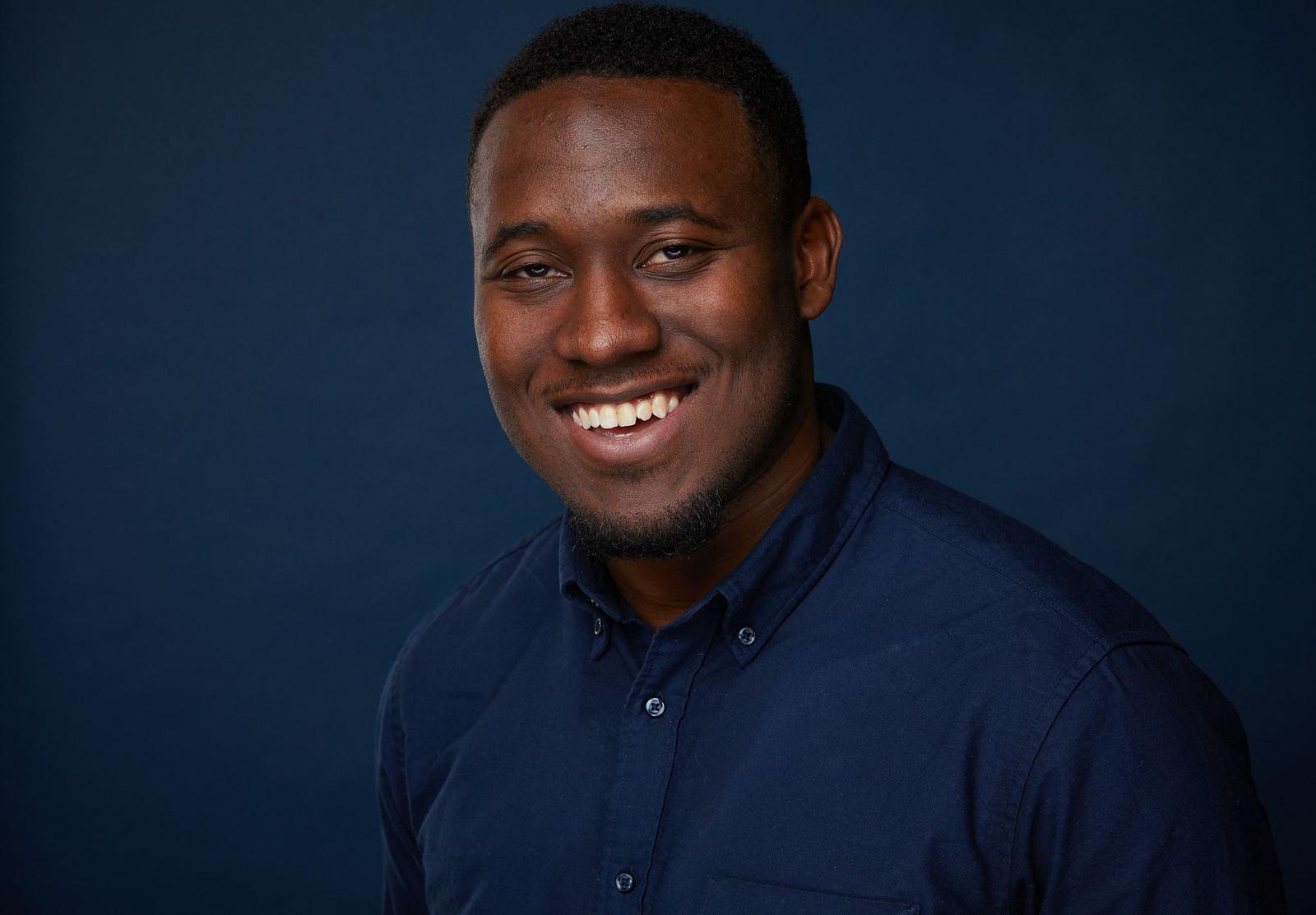
A graduate student in the Computational Linguistics and Information Processing (CLIP) Laboratory has received funding from Microsoft Research that will support his work in reinforcement learning and machine learning.
Kianté Brantley, a fourth-year doctoral student in computer science, is one of only 10 graduate students in North America to receive a $25,000 Microsoft Research Dissertation Grant for 2020.
The highly competitive award—there were approximately 230 applicants this year—aims to increase the pipeline of diverse talent earning advanced degrees in computing-related fields by supporting doctoral students who are underrepresented in the field.
Meredith Ringel Morris, a senior research manager at Microsoft Research and chair of the selection committee, says it’s encouraging to see so many students from underrepresented groups pursuing advanced degrees in computing and related fields.
“This year’s cohort of applicants was very competitive,” she says. “I wish all of those that submitted a proposal success in their studies.”
Brantley says he’s excited that his grant proposal was chosen, and is grateful for the support he’s received thus far at the University of Maryland and elsewhere.
“Receiving this award is a great honor,” he says. “I would like to thank all of my collaborators and mentors for believing in me and pushing me to become a better researcher each and every day.”
Brantley says the proposal he submitted to Microsoft Research addresses both practical and theoretical sample complexity issues that arise in reinforcement learning.
He notes that as the impact of machine learning continues to grow, having systems that can learn through interaction becomes more pressing. Unfortunately, today’s approaches—typically driven by reinforcement learning algorithms—require a large number of interactions, which is feasible only for systems that can be fully simulated.
But for many real-world systems, Brantley says, simulators do not already exist. This means there is a need to develop algorithms that can interact with real systems and have very low sample complexity so that they can learn in a reasonable amount of time.
Brantley proposes that for many such systems, researchers can leverage certain forms of expert knowledge—what he calls “annotations”—to reduce sample complexity and lead to more practical algorithms in real-world settings.
At UMD, Brantley has worked closely with his academic adviser Hal Daumé III, a professor of computer science with joint appointments in the Language Science Center and the University of Maryland Institute for Advanced Computer Studies.
In a letter recommending Brantley for the research dissertation grant, Daumé wrote that he was “impressed by [Brantley’s] intellect, perseverance, and resourcefulness.”
“Kianté is the sort of student who you can drop in any situation and he’ll find a way to learn from others and make progress on hard problems,” adds Daumé. “Plus, people want to work with him—he’s smart, diligent, and also a pleasure to interact with.”
In addition to the research funding, Brantley and the other grant recipients have received an invitation to a virtual two-day Ph.D. Summit tentatively scheduled for later this year. The summit is intended to provide an opportunity for the awardees to present their research, meet with Microsoft researchers in their respective research areas, and receive career coaching.
—Story by Melissa Brachfeld